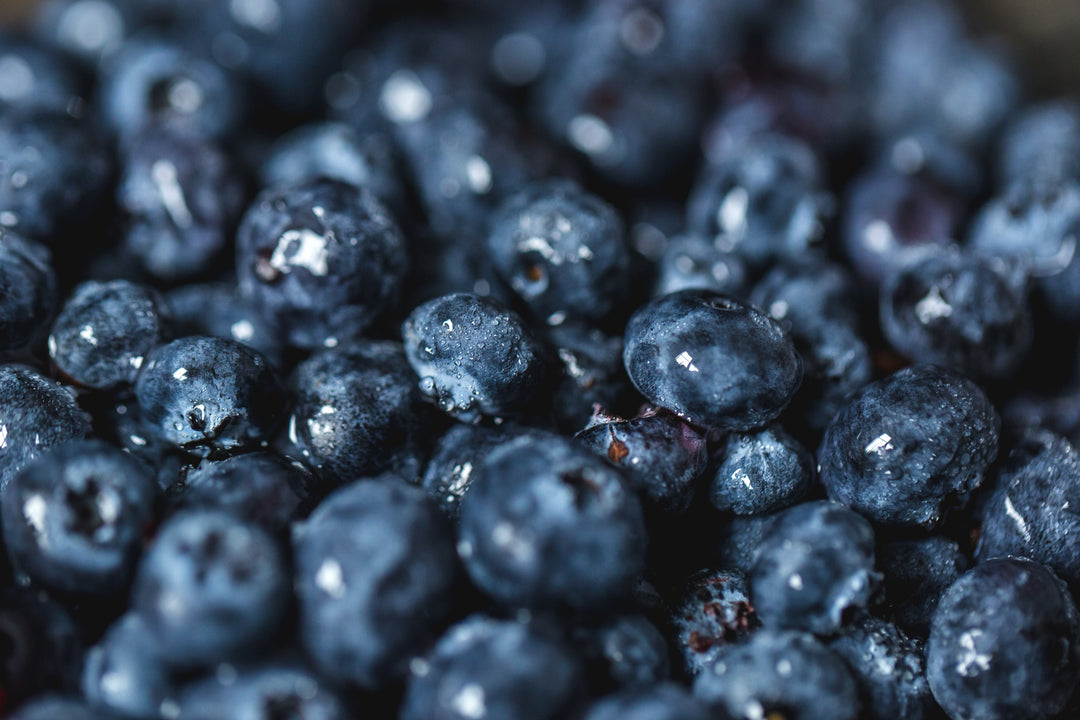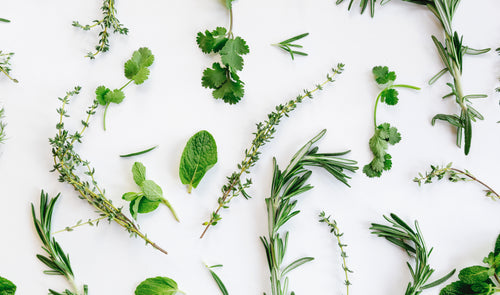Rephrase your main value proposition
LayoutHub is an easy page builder that helps merchants quickly set up an online store with any kind of page type.
The Asthma and Allergy Foundation of America reported that millions of people in the U.S. experience seasonal allergies. As more individuals seek natural options to support wellness during allergy season, Elderberry has gained attention for its traditional use as a natural ingredient in holistic health routines.

SEASONAL ALLERGIC RHINITIS (HAY FEVER)
A runny or stuffy nose, sneezing, itching, and watery or red eyes are common signs associated with seasonal allergic rhinitis, which occurs when the immune system reacts to foreign substances. Often called hay fever, seasonal allergic rhinitis is typically triggered by pollen from trees, grasses, weeds, and molds and can last several weeks. Exposure to pet allergens or house dust may also cause symptoms, including year-round reactions known as perennial allergic rhinitis. These allergens may contribute to inflammation in the skin, sinuses, airways, and digestive system.
While allergy symptoms can resemble those of the common cold—such as runny nose and watery eyes—differences in onset, duration, and timing during the year help differentiate between them.


DOES ELDERBERRY HELP?
The medicinal use of herbs dates back to as early as 2800 BC. In 400 BC, the ancient Greek physician Hippocrates, often called the father of medicine, referred to Elderberry as “Nature’s Medicine Chest.” While elderberry has gained attention for its antioxidant content, it is also valued in traditional herbal use for supporting overall wellness, including aspects related to inflammation and seasonal health.
Although scientific research on the potential benefits of Sambucus nigra extracts for allergies is limited, a small study in Turkey reported that many participants used elderberry as an herbal option to support relief from symptoms associated with allergic rhinitis.
These statements have not been evaluated by the Food and Drug Administration. This product is not intended to diagnose, treat, cure, or prevent any disease.
Marvin McKinney
Founder & CEO


DOES ELDERBERRY HELP?
Research indicates that elderberry is a rich source of the flavonoid quercetin, which has been studied for its potential to support healthy inflammatory response and maintain immune balance. Quercetin may contribute to elderberry’s traditional use in promoting overall wellness during seasonal changes.
While evidence is limited, elderberry is increasingly recognized as a natural ingredient that may support immune health and help the body’s response to seasonal environmental factors.
These statements have not been evaluated by the Food and Drug Administration. This product is not intended to diagnose, treat, cure, or prevent any disease.
DIFFERENT WAYS TO ENJOY ELDERBERRY
With the wide availability of Elderberry syrup products, it can be difficult for consumers to determine what is the most effective and safe choice of elderberry supplementation. Elderberry jams, syrups, gummies, liquids, and tinctures are available online, in stores, or in groceries. DIY kits and recipes also promote making elderberry syrup at home as a natural alternative to the relief of seasonal allergies, colds or flu.
Additionally, Elderberry is found infused in herbal teas and available by national OTC brands.
Marvin McKinney
Founder & CEO

The P.O.E Difference
The POWER of Elderberries enjoys helping consumers make a confident decision in their choice of elderberry supplements by offering a premium choice of Elderberry syrup formula, recommended by holistic practitioners for both safe and effective supplementation using the highest quality of ingredients from nature to support your health and wellbeing.
Learn What Makes Our Signature Elderberry Products Different
HELPFUL TIPS, HOME THERAPIES, & HERBAL REMEDIES FOR THE RELIEF OF SEASONAL ALLERGIES

1
Helpful Tips
✔️Avoid touching or rubbing your nose.
✔️ Remember to wash your hands often with soap and water.
✔️ Wear sunglasses and a wide-brimmed hat to reduce pollen getting into your eyes.
✔️ Take a shower after being outdoors during the pollen season, making sure to wash your hair
✔️ Remember to wash your hands often with soap and water.
✔️ Wear sunglasses and a wide-brimmed hat to reduce pollen getting into your eyes.
✔️ Take a shower after being outdoors during the pollen season, making sure to wash your hair

2
Bathe your baby 3-5 minutes
✔️ Consider using a vacuum with a filter certified for asthma and allergies to reduce allergen exposure while vacuuming.
✔️ Wash your bed linens and pillowcases in hot water and detergent to reduce allergens.
✔️ Use dust-mite-proof covers for pillows, comforters, duvets, mattresses, and box springs.

3
Gently wipe off with a towel
✔️ Keep pets out of the bedroom to reduce pet dander allergens they may carry from outside into your bedding.
✔️ Keep windows closed during high pollen and mold seasons.
✔️ Use certified asthma and allergy-friendly filter for your air conditioner in your car and home.
✔️ Keep windows closed during high pollen and mold seasons.
✔️ Use certified asthma and allergy-friendly filter for your air conditioner in your car and home.

4
Home Therapy
Try a saline rinse to wash out your nose. This can help get rid of pollen that sits in your nasal passages.
Nutritional-rich foods, Healing Herbs & Spices

1
Include Quercetin-rich foods in your diet especially when you are susceptible to seasonal allergies.
Quercetin-rich foods include vegetables such as Kale, onions, spinach, broccoli, and asparagus and fruits including oranges, grapefruit, strawberries, and kiwis. Quercetin-rich berries include blueberries, cherries, cranberries, apples, and elderberries.

2
Herbs & Spices
Add a variety of herbs and spices to your dishes and recipes as well.
Try including Ginger, Mint, Rosemary, Garlic and others found to help clear sinuses and act as an anti-inflammatory or support respiratory health.

3
Honey behaves as a cough suppressant as well.
Taking local raw honey can help with seasonal allergies.
Read more about Honey here >
Please note we recommend consulting your practitioner before changing your diet and making sure that certain foods do not interfere with your medications. Please consult your doctor. These statements have not been evaluated by the Food and Drug Administration. This product is not intended to diagnose, treat, cure or prevent any disease.
